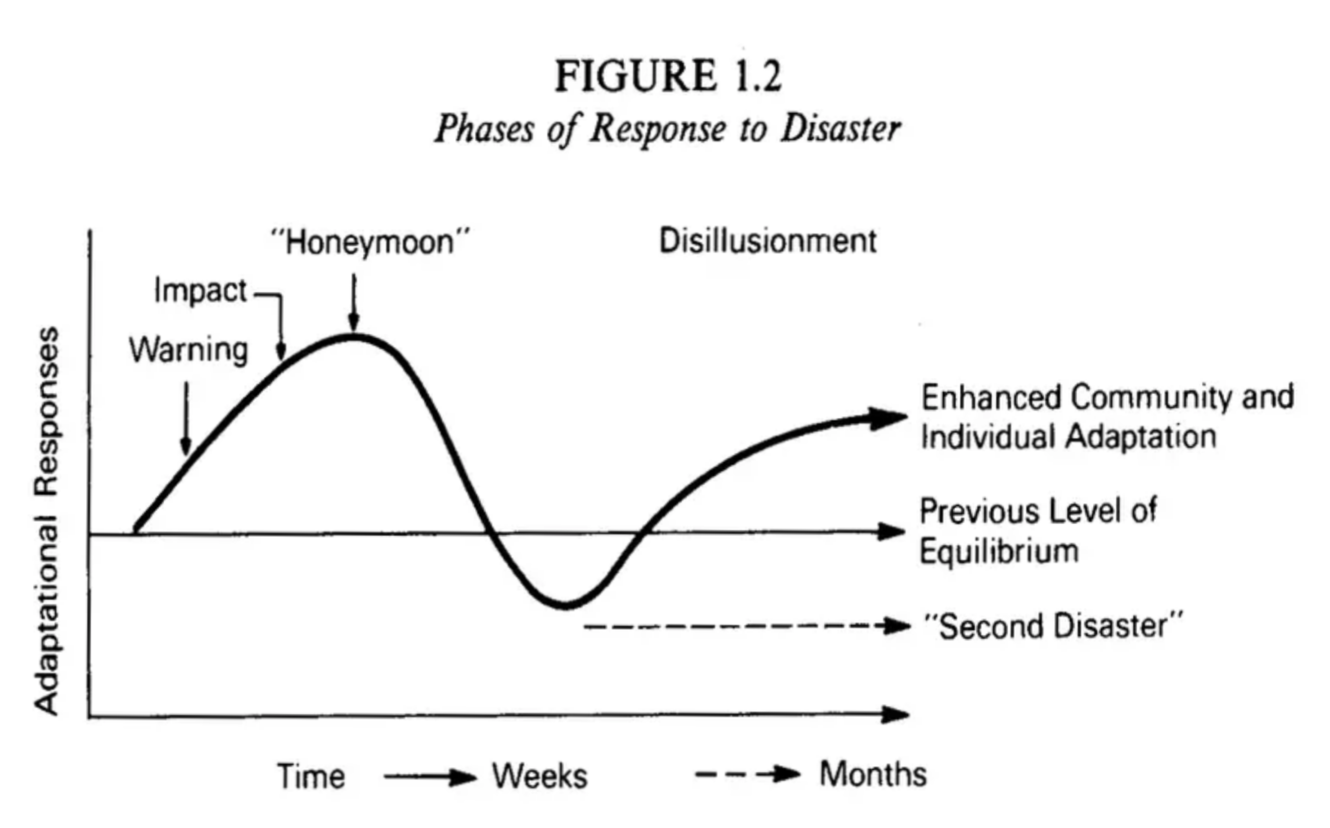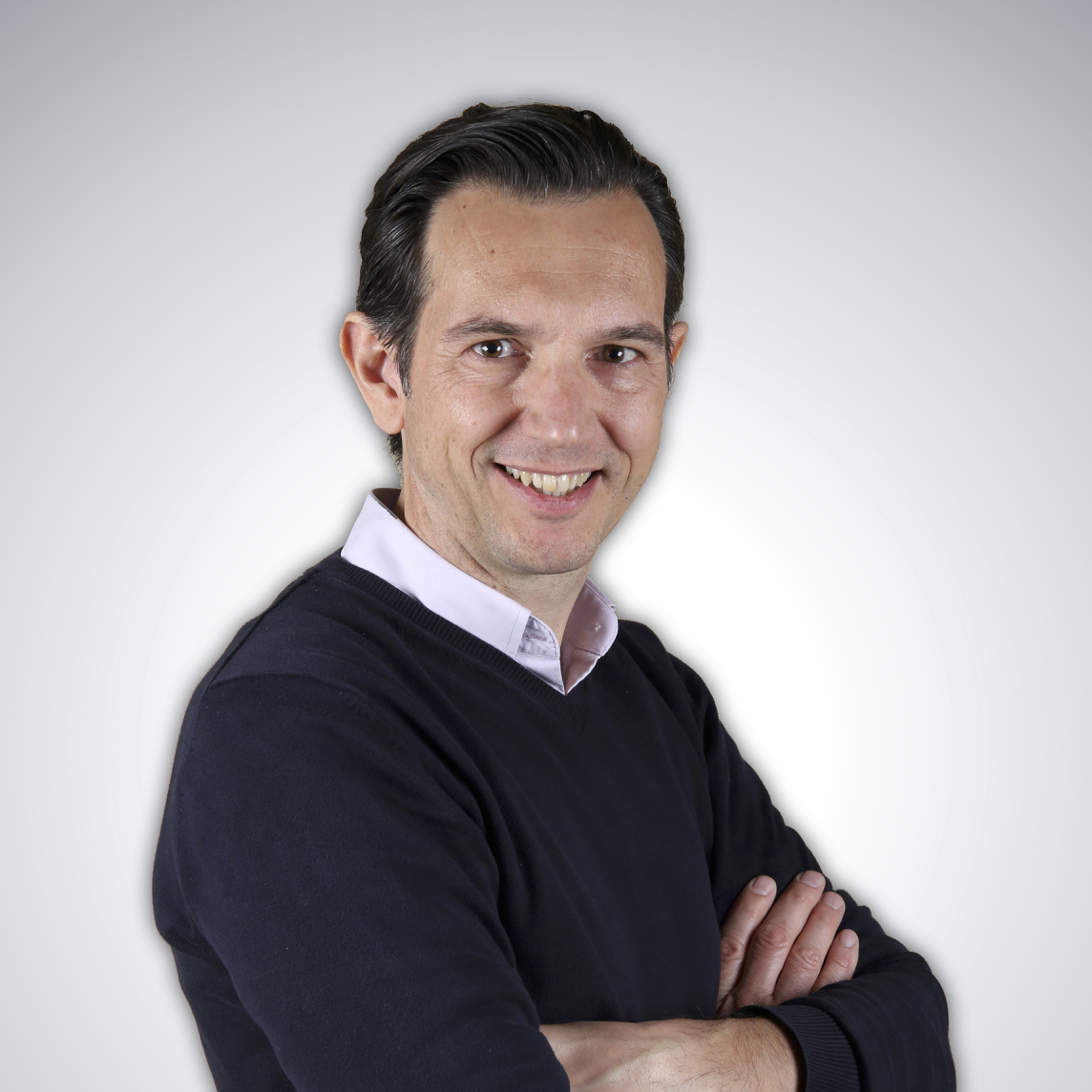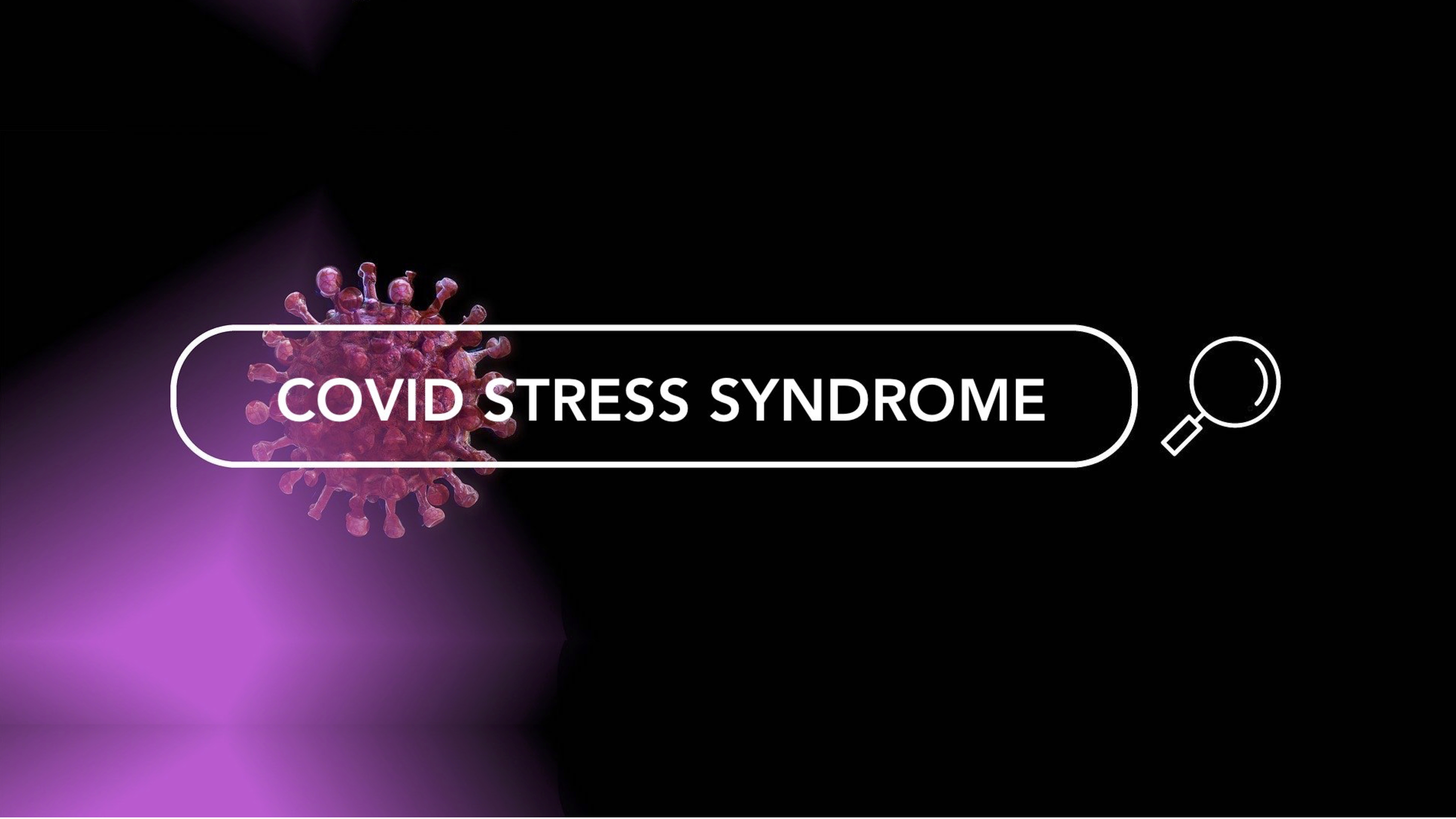We are living in an unusual and challenging time, a time where an invisible enemy, the COVID-19 coronavirus has stopped the world in its tracks. Entire countries are currently in lock-down, and whole populations like here in Belgium are in confinement at home.
Priority number one is to protect yourself and others by following the rules to limit further transmission of the virus and stop this pandemic from spreading further. Already progress has been made, and some countries are slowly loosening COVID restrictions towards a new normal. That is a good thing but needs to be monitored carefully due to the nature of this virus. The COVID-19 virus is more infectious than other coronaviruses but also can in certain conditions stay suspended in the air for hours. Another reason to be very vigilant is that some people who are infected are asymptomatic or have only mild symptoms but are nevertheless contagious.
Some scientist, like microbiologist Professor Herman Goossens of Antwerp University, has warned that previous pandemics have had a second wave and that as regards the COVID-19 virus this might not be any different. Therefore we must keep in mind and not turn a blind eye to the fact that a second wave might hit next September or October.
In the present, however, most countries where the outbreak started around January – February seem to be over the peak and are relaxing the confinement measures.
My concern is that this is the moment where we mustn’t forget that this whole episode has been a highly stressful period. Stressful, due to changes in routine, for fear of being infected or infecting someone else, but also because businesses have had to close, people are being laid off and or put on temporary unemployment. For some having to deal with kids at home and teleworking at the same time, not being able to see one’s friends or family can also be a highly stressful experience.
Not only stress levels have increased but also anxiety levels due to possible worry about the loss of income or debts that can’t be paid off. In worst-case scenario increased anxiety has been experienced because a loved one has been infected and put in isolation. Even worse a loved one has died in this period without you being able to say goodbye.
I know, I’ve been worried about my mum who lives in a residential care centre. A residential care centre that I’m glad to say, by my knowledge hasn’t had any cases of infection. Still, just the knowledge that residential care centres have been hard hit in Belgium by the coronavirus has me worried about her.
The reason why I’m concerned and address stress and anxiety is that although you could have lived through this period without falling ill you may not be immune to the effects of build-up stress and anxiety. That now that you think the worst is over, that you can relax (recovery phase) health complains start.
A phenomenon coined “leisure sickness” has been known to occur in employees with high levels of stress (active phase) that get sick on the first days of their holiday (recovery phase). Maybe you know this phenomenon yourself, and If you do be extra warned. Although the period after lockdown will be far from a holiday, it might feel like one for the body causing similar physiological processes in the development of these health problems like for leisure sickness. (Leisure sickness; A biopsychosocial perspective by Guus L. Van Heck & Ad J. J. M. Vingerhoets Tilburg University, Department of Psychology and Health)
The typical signs of leisure sickness are viral infections causing colds but also fever and flu. Other symptoms associated with leisure sickness are headaches, migraine, vague muscular aches and pains, excessive fatigue and nausea.
I don’t know if you start thinking about what I’m thinking after reading this, and that is that people might mistake some of the leisure sickness symptoms like flu-like symptoms from the coronavirus. (FYI: The symptoms of COVID-19 range from mild to severe respiratory disorders with fever, coughing and breathing difficulties).
Another reason why I’m mentioning stress and anxiety is that a global crisis like COVID-19 can be a very traumatic experience. A traumatic experience can leave a person physically, emotionally and spiritually drained and in a worst-case scenario lead to PTSD.

The British Psychological Society (Covid19 Staff Wellbeing Group) warns about this in their document: “The psychological needs of healthcare staff as a result of the Coronavirus pandemic.” This document states at the end:
“It is important, when this is over, that we do not return to business as usual without considering the long-term psychological needs of our workforce.”
According to Steven Taylor (Professor and Clinical Psychologist in the Department of Psychiatry at the University of British Columbia, Canada and author of The psychology of pandemics), a public health emergency like COVID-19 can have lasting effects on the psychology of a population.
In an article in The Guardian, he writes that in a recent study on stress and anxiety, 25% have developed what he and his colleague have called “COVID Stress Syndrome.” People with “COVID Stress Syndrome” have intense fears about becoming infected; are worry about the social and economic impact of COVID-19; have coronavirus nightmares and persistently check the internet for news related to COVID-19. All behaviours which may further heighten their anxieties.
There are many more examples, but the point is that as a forward-thinking healthcare provider I want to warn people and governments that before we relax we need to start considering the long-term effects of this stressful period on body, mind and spirit. Not only consider but actively create campaigns on the signs of stress and trauma and put measures into place to prevent stress and trauma from becoming a nuisance.
COVID-19 has affected everyone in different ways and will do so further for some time to come. This experience is in only a precursor of what is to come and as many predict the period after the lockdown will be more challenging.
To be continued… in the meanwhile, you can read what the World Economic Forum has to say about The mental toll of quarantine and lockdown and the price on health and wellbeing we will pay.
Lockdown is the world’s biggest psychological experiment – and we will pay the price. (WEF)
Be good to you, always but now more than ever.
Tom


